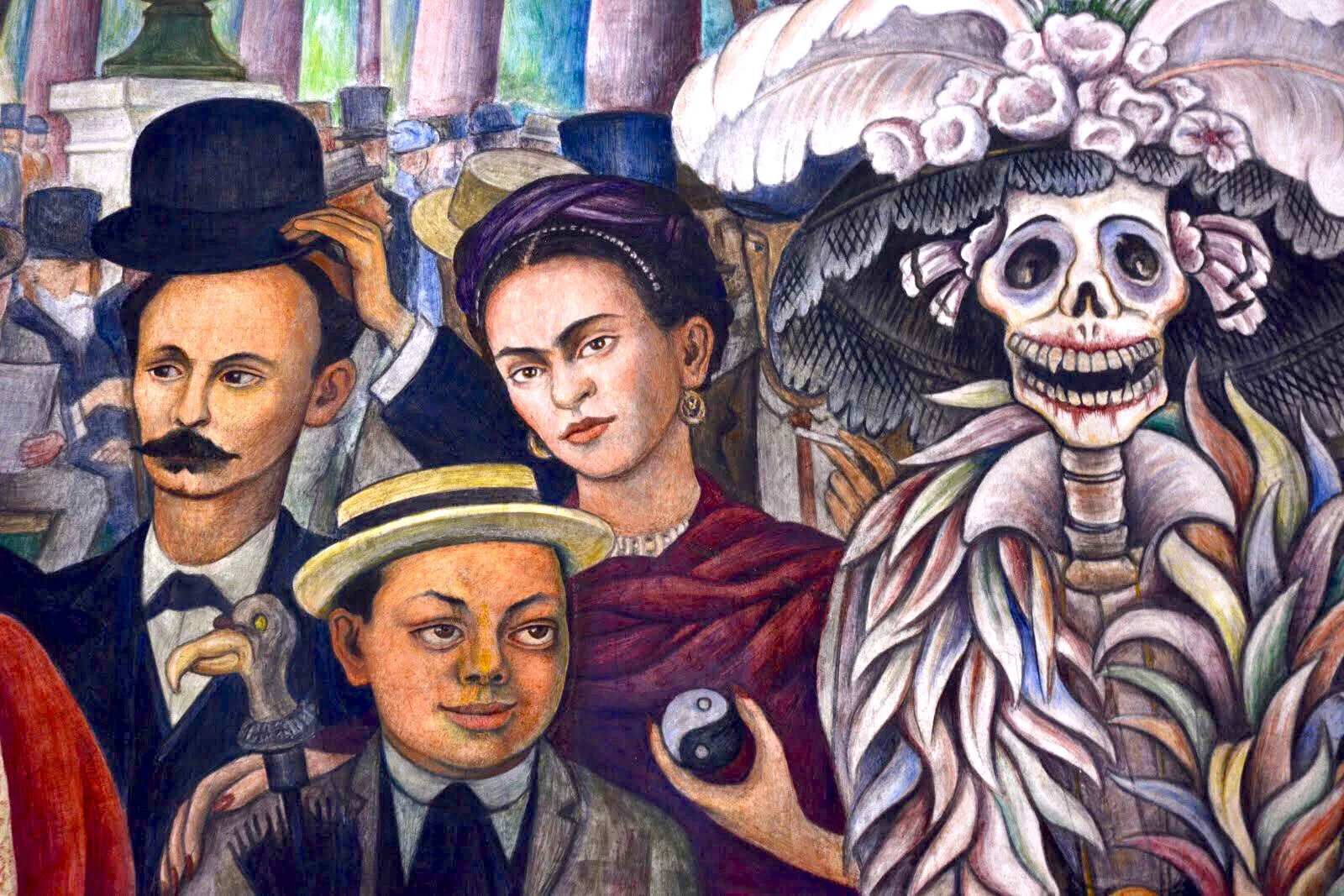Thirteen years ago I made students in China indulge my dream of being a filmmaker. Their English cinema class wrote and filmed a short which I then edited and soundtracked and they named “Taste of Reality.” It was about unrequited love.
Ten years later, out of the blue, I ran into one of them in Mexico City where he covered Latin America as a videojournalist for a leading Chinese news agency. He said the idea came from our class. He had never imagined he would be a filmmaker until that project awoke something that altered the path of his life. We sat across a wide table in the dining room of the hotel where Gabriel García Márquez wrote One Hundred Years of Solitude in exile, and Xun ordered plate after plate that obviously neither of us could finish—enchiladas suizas drizzled in white cheese sauce, sautéed shrimp, chili poblanos—all the food of the best city in the world. When I protested, he brushed aside my hand, saying, “You are my teacher. I must.”
He said that covering the earthquake in Oaxaca was the first time he had witnessed death. It was on such a large scale he still couldn’t process it. He just filmed and reported. He marveled at how he had grown up honoring his ancestors every Mid-Autumn Day in China, cleaning their graves and bringing offerings, but nothing prepared him for Mexicans’ relationship with death. He watched families in Yucatan disinter and scrub clean the bones of their departed.
When Fidel Castro passed away, Xun covered the funeral parade along the length of the island of Cuba. Halfway he met an old Chinese man who materialized from the crowd, elated at finding a long lost compatriot. The man had immigrated in his youth when China and Cuba formalized their relations around shared Communism. After just a moment, the man’s excitement faded to sorrow as he realized he could no longer understand Xun’s Mandarin, and he faded back into the cheering crowd.

